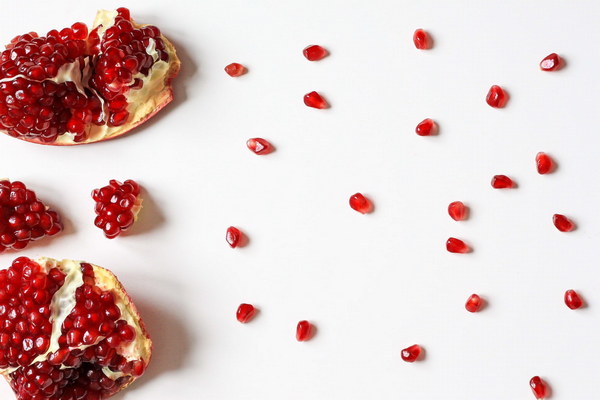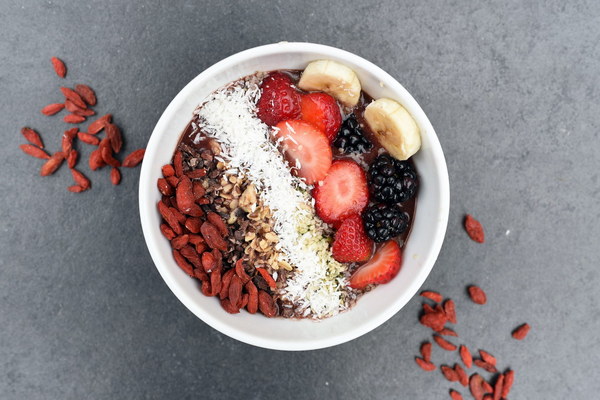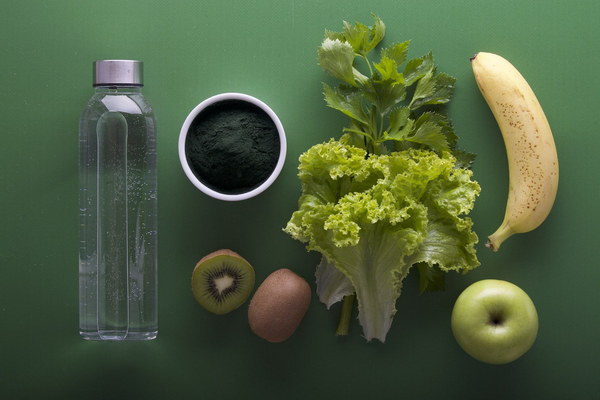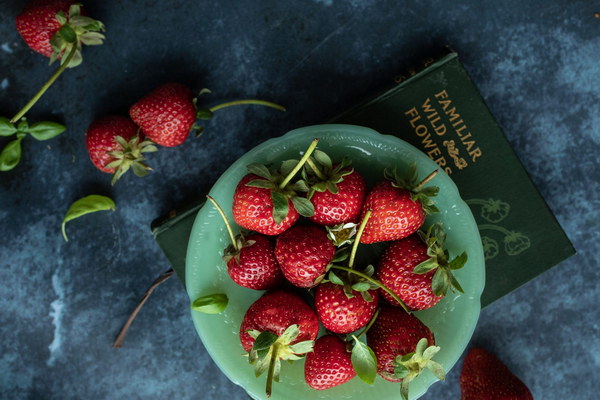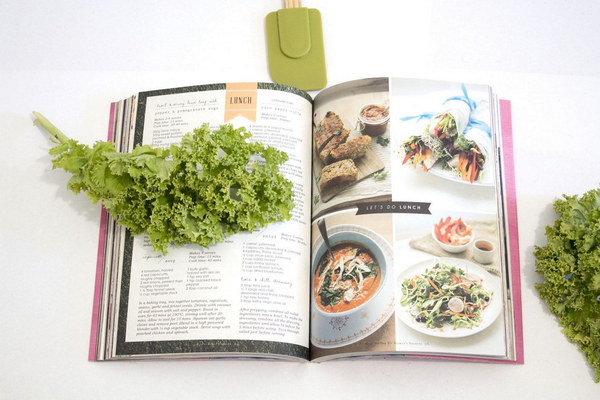Do All Whole Grains Have Moisture-Relieving Properties
Introduction:
In recent years, the health benefits of whole grains have been widely recognized, and many people have incorporated them into their diets. One of the popular claims about whole grains is that they have moisture-relieving properties. However, the question arises: Do all whole grains have moisture-relieving properties? In this article, we will explore the moisture-relieving effects of different types of whole grains and provide insights into their health benefits.
1. Understanding Moisture-Relieving Properties:
Before discussing the moisture-relieving effects of whole grains, it is important to understand what these properties mean. Moisture-relieving properties refer to the ability of a substance to absorb and retain moisture, which can help prevent excessive moisture buildup in the body. This is particularly beneficial in regions with high humidity or for individuals prone to dampness and excess moisture.
2. Common Whole Grains and Their Moisture-Relieving Effects:
a. Brown Rice:
Brown rice is a whole grain that has moisture-relieving properties. It is rich in fiber, which helps to absorb excess moisture in the digestive system. Additionally, the high protein content in brown rice contributes to its moisture-relieving effects.
b. Oats:

Oats are another whole grain with moisture-relieving properties. They contain beta-glucan, a type of fiber that helps to absorb excess moisture in the digestive system and promote regular bowel movements.
c. Quinoa:
Quinoa is a gluten-free whole grain with moisture-relieving properties. It is rich in protein and fiber, which aid in the absorption of moisture in the digestive system, thus reducing dampness.
d. Barley:
Barley is a whole grain with moisture-relieving properties. It is rich in fiber, which helps to absorb excess moisture in the digestive system. Additionally, barley contains selenium, a mineral that may help to support the immune system and combat moisture-related issues.
e. Millet:
Millet is a nutritious whole grain with moisture-relieving properties. It is rich in fiber and antioxidants, which help to absorb excess moisture in the digestive system and promote overall health.
3. Health Benefits of Whole Grains with Moisture-Relieving Properties:
a. Improved Digestive Health:
Whole grains with moisture-relieving properties, such as brown rice, oats, quinoa, barley, and millet, can help improve digestive health by promoting regular bowel movements and preventing constipation.
b. Weight Management:
These whole grains can aid in weight management by providing a feeling of fullness and reducing the risk of overeating. Their high fiber content slows down digestion, leading to a lower glycemic index, which is beneficial for blood sugar control.
c. Reduced Risk of Chronic Diseases:
The fiber, vitamins, and minerals found in whole grains with moisture-relieving properties can help reduce the risk of chronic diseases such as heart disease, diabetes, and certain types of cancer.
Conclusion:
In conclusion, while not all whole grains have moisture-relieving properties, several common types, such as brown rice, oats, quinoa, barley, and millet, do possess these properties. Incorporating these whole grains into your diet can help improve digestive health, support weight management, and reduce the risk of chronic diseases. However, it is important to note that individual responses may vary, and it is best to consult with a healthcare professional before making significant changes to your diet.

